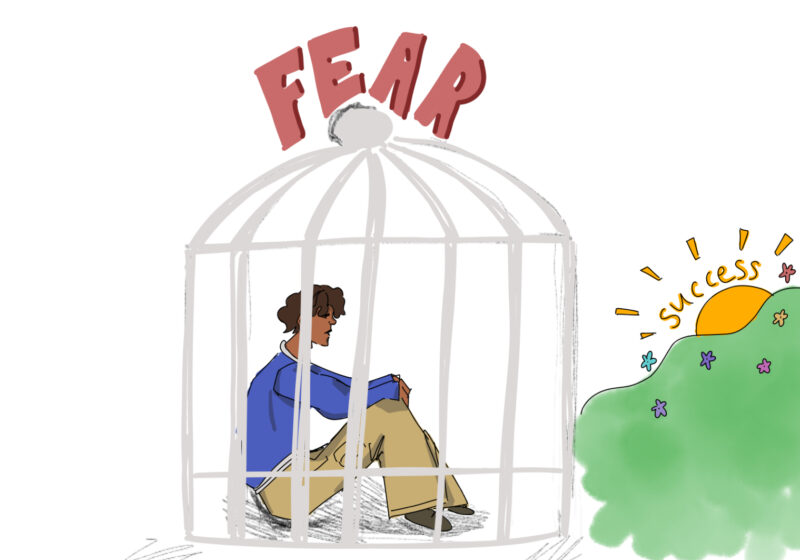The eternal question every book lover asks is whether the book industry is dying. Depending on who you ask, and what facts you have under your belt, it could go either way.
Books have been one of the most stable loves in my life. So, it may be surprising to hear that I, too, think that the era of books may be coming to an end.
I have always adored those tiny, family-owned bookshops that give character to the community they’re in. They are the type of places you just happen upon but end up leaving with a smile and a memory.
I may just sound like a nostalgic idealist. However, it is the small bookstores and idealistic bookworms that continue to fight to keep the personal touch in the market.
The decline of the book industry is about more than just our transition to all things digital — it’s about the people being removed.
The traditional writing process of author to editor to publisher to print has simplified over time. In today’s publishing industry, I would be able to self-publish nearly anything. I know someone who wrote an autobiography about a near-death experience and has since had it published and done signings.
On one hand, this is a phenomenal concept that allows budding authors to have their writing published and enjoyed by the general public. On the other hand, it diminishes the value and prestige that used to exist in the publishing process.
I have my own mini-rebellions against the transition, though I feel insignificant in the sea of indifference on the issue. I refused for years to get a Kindle, because I would not only be supporting the digital replacement of books, but I would also be supporting a company at the center of their demise.
Amazon has opened a bookstore where prime members can pay the Amazon Prime price in-store. I had the opportunity to visit one of these while in Boston over the summer, and my book-heart was crushed. Has Amazon taken over so much that in, 30 years, bookstores won’t even exist?
Though it is cheaper to buy novels online than at a store, and even cheaper to buy them from Amazon specifically, I almost always choose the store. Yes, it is an extra $5-10 sometimes, but in the long run, it makes a difference. At least that’s what I want to convince myself.
Before visiting a new area , one of the first things I look up are its bookstores. Because bookstores are becoming rare, almost any store has an incredible history behind it.
My money might not make a difference to Barnes & Noble, but it can definitely make a difference for these smaller stores that are at a higher risk of not existing the next time I think to visit them.
I always make it a point to buy at least one book in any of those stores. I supporting the store in the little way I can. And I can always remember the store when I see the book on my shelf.
Books carry more than one story. The first is the story of the characters written inside. The second is the journey the book took from the author’s computer to my hands.
The death of the book industry may very well happen, and there may be little I can do about it. But if there is anything I’ve learned, it’s that even if you think your actions are insignificant, they can still make a difference.





